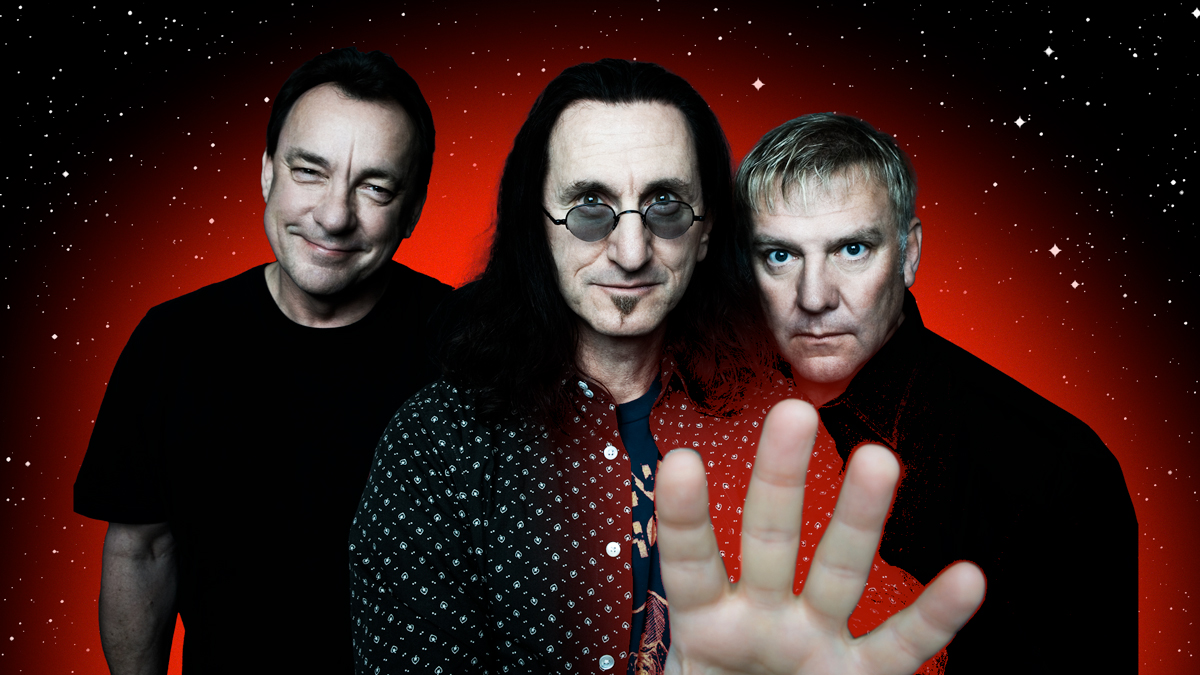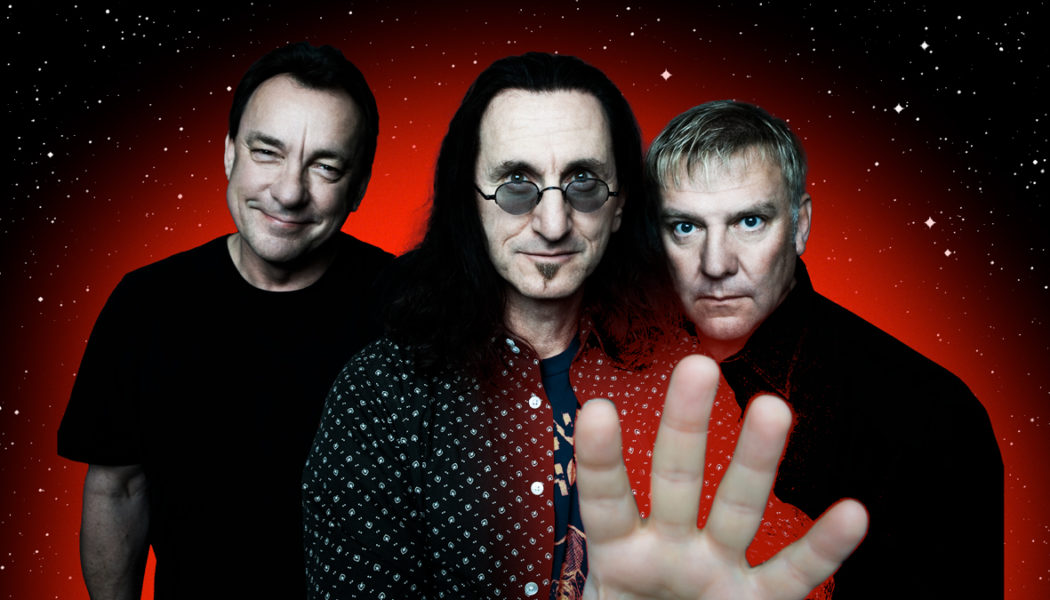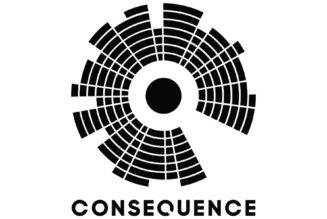
For rock legends RUSH, artistic integrity and commercial success ran in the same direction.
Formed in Ontario in 1968, the band began as the Canadian answer to Led Zeppelin, boasting a thick, blues-based hard rock sound. By 1974, RUSH’s classic lineup was intact: singer-bassist Geddy Lee and his recognizable falsetto vocals; guitarist Alex Lifeson and his dexterous ability to seemingly play anything; and drummer Neil Peart, a virtuoso behind the kit and the band’s chief lyricist to boot.
RUSH’s early era would notch a couple hits, but the band would quickly shed the simpler power-trio approach for the distinctive progressive rock sound for which it would come to be known. This was best exemplified by the inclusion of long, multi-movement compositions that would fill an entire side of an LP. Many of RUSH’s classic ’70s albums, such as 2112 and Hemispheres, included a side-long epic.
But the band was savvy enough to balance out those decidedly non-commercial long songs with quick hitting tracks that could still exist on the radio — which RUSH would come to dominate throughout the late ’70s and ’80s. It was part of their genius: for every “2112,” there was “A Passage to Bangkok” — a shorter, more hook-centric tune. This is also a credit to each band member’s world-class proficiency on their instrument, allowing them to dial up both stadium-ready rockers (“Tom Sawyer”) and prog workouts (“YYZ”) on the same slab of wax (Moving Pictures).
The Rock & Roll Hall of Fame act has earned 23 gold albums and 14 platinum (three multiplatinum) LPs. Speaking less empirically, the Canadian trio’s influence stretches far and wide, namely in the realms of progressive rock — where they are god-level status — and heavy metal, with Metallica and many others citing RUSH’s compositions, lyrical concepts, and technical skill as core influences.
RUSH essentially disbanded in 2015 as Peart decided to step away from touring, and, sadly, the drummer would pass away in January 2020 after a private battle with brain cancer. Since then, there have been questions about the possibility of a RUSH reunion — Lifeson seems doubtful, while Lee is more hopeful — though the remaining members have expressed interest in making music together in some form.
As we reflect on RUSH and their iconic career, we took on the difficult task of picking the band’s 10 best songs. For newcomers, it’s a crash course in the RUSH’s ability to dually wield artsy prog and FM rock; and for faithful fans, another excuse — as if we needed one — to revisit these enduring, timeless songs.
–Jon Hadusek,
Senior Staff Writer








![Watch Mike Patton Try to Destroy a Drone During Mr. Bungle’s Knotfest Chile Set [Updated]](https://www.wazupnaija.com/wp-content/uploads/2022/12/watch-mike-patton-try-to-destroy-a-drone-during-mr-bungles-knotfest-chile-set-updated-327x219.jpg)